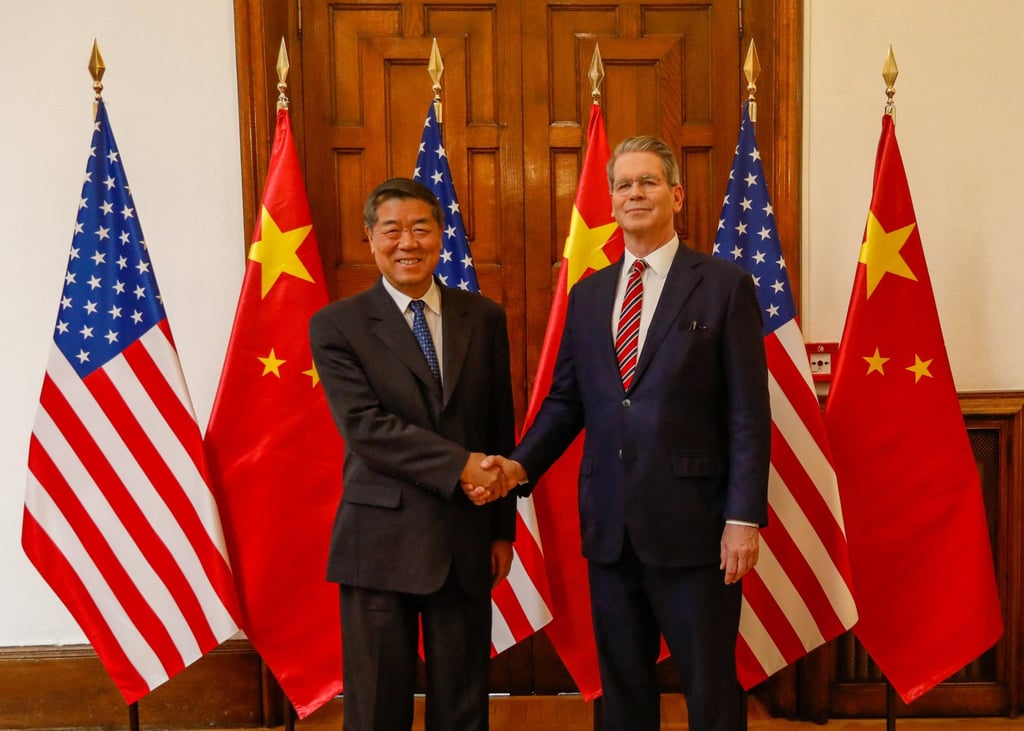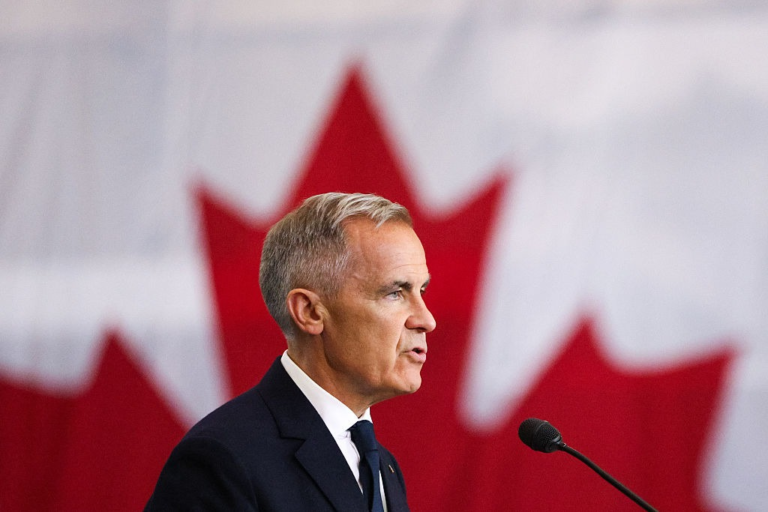
A US more focused on protecting its borders and fighting a culture war at home is likely to take a more accommodative stance towards China.
Many people in the United States and elsewhere are still in shock over the killing of Charlie Kirk. The young conservative influencer, renowned for his provocative debating style and his close ties with US President Donald Trump and his family, was shot last Wednesday on the campus of Utah Valley University during a public discussion on a wide range of issues. One of the topics was gun control, something Kirk vehemently opposed in the name of upholding the Second Amendment.
Tyler Robinson, the suspected shooter, was taken into custody days after the incident, and it appears that the motivation behind the killing was political. A furious Trump expressed his sorrow immediately after the shooting, ordering US flags to be flown at half-mast in Kirk’s honour and vowing to award him the Presidential Medal of Freedom posthumously.
The shooting has sparked a flurry of analysis and punditry, with some invoking president Abraham Lincoln’s famous 1858 admonition that “a house divided against itself cannot stand”. I see a correlation between the domestic event and America’s external strategy under Trump’s stewardship: Kirk’s death could push Trump and his ilk further towards a doctrine that rejects multiculturalism and immigration, inasmuch as their way is the only way the American house can remain standing.
Trump has been the driving force behind reversing the long-standing US policy of engagement towards China, instead turning the world’s second-biggest economy into America’s arch-rival. However, it is increasingly clear that constraints on hard power have led the second Trump administration to rein in its foreign policy ambitions despite its determination to contain China.
Trump’s stated goal of a negotiated end to Russia’s war in Ukraine has so far been thwarted. Russian President Vladimir Putin has refused to budge on his demands, no matter how soft or flattering Trump’s approach, such as when they met in Alaska last month.
In the meantime, Trump’s trade war with China is in the midst of another 90-day tariff moratorium, with Beijing further demanding that Washington lift any fentanyl-related tariffs. Vice-Premier He Lifeng is now in Madrid for another round of talks with US Treasury Secretary Scott Bessent, but the Chinese side is unlikely to yield ground on this. Beijing has made it clear it is open to further discussions but will not make any unequal concessions.

China’s position is further bolstered by the military parade in Beijing on September 3. The weapons systems capable of area denial around Taiwan, in the South China Sea and elsewhere that were on display show that it is becoming increasingly untenable for the US to seek to impose its will on China through military force.
Now, following the killing of Kirk, Trump and his followers are increasingly seeing their fight against multiculturalism and immigration as a life-or-death conflict that will be waged on the domestic front. Trump’s combative disposition dictates that he must win, and he will lead his people to victory through conviction rather than consensus. His own narrow escape from assassination last year probably reinforced his determination to take up the fight.
Doing so requires a strategic reorientation. The world had some indication that such a shift was coming even before Kirk’s shooting, with US Vice-President J.D. Vance using his speech at the Munich Security Conference in February to rail against European governments and their policies. Vance said the threat that worried him most was not Russia or China but, rather, the “threat from within”, referring to non-white immigration and left-leaning multiculturalism, against which the Trump administration has raged but which is still in vogue in parts of Europe.
Trump concerned South Korean ICE arrests could ‘frighten’ investors
Vance’s message to Europe and the rest of the world was clear: something has to give. That idea now appears to be coming home to roost in the US.
In this context, it might not be a coincidence that reports suggest that the US Department of Defence – which is being renamed the Department of War (its original name until 1947) – is proposing to deprioritise China and instead make protecting the American homeland and the security of the Western Hemisphere the top item on the administration’s defence agenda.
Around the same time as those reports emerged, the US military killed 11 people with a strike on a Venezuelan vessel that the Trump administration accused of carrying illegal narcotics. However, Venezuelan officials said those killed were not gang members and later reports suggested the boat was returning to shore when it was struck.
Since late last month, the US has deployed warships to the southern Caribbean on what officials said were an effort to crack down on drug cartels. Another three were killed in a second strike on an alleged drug vessel on Monday.
Widespread anti-immigrant operations spark fear in Asian communities across the US
In his 2004 book Who Are We? The Challenges to America’s National Identity, the late political scientist Samuel Huntington – who rose to prominence with his clash of civilisations thesis – advocated for an America with an Anglo-Saxon legacy as its spiritual core and denounced immigration as an “invasion” of his country. In a sense, Kirk died while trying to popularise that message, and now Trump could bring it into being, even at the expense of containing China.
Admittedly, Kirk didn’t have the philosophical resourcefulness of Huntington and Trump is hardly a political thinker. Still, a detour to a more manageable relationship between the US and China could be on the horizon given that both Washington and Beijing now have to deal with thorny internal issues that demand their immediate attention.





